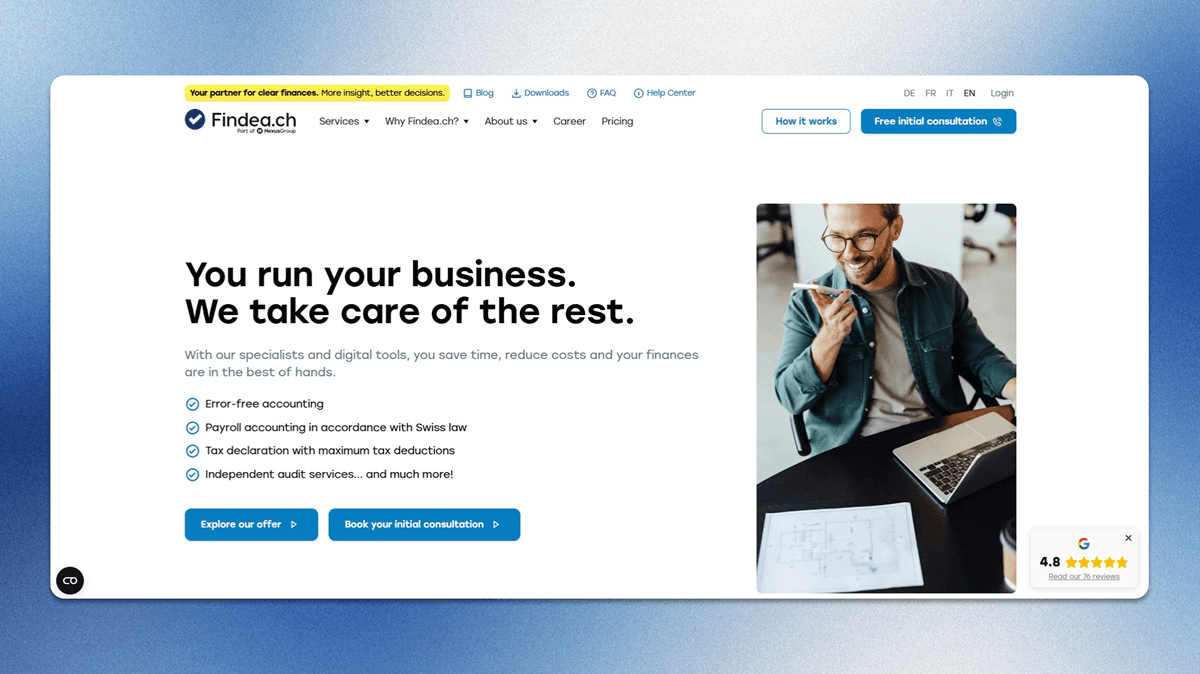For many organisations, meetings are a necessary evil and one of the biggest wastes of time in the working day. But it doesn't have to be this way.
At Nexus Group, we see meetings as a powerful tool to drive innovation, cohesion and efficiency, and a healthy meeting culture means one thing above all else: meaningful, structured and inspiring meetings that deliver clear results and help us move forward as a team. But why is this culture so critical to our success?
Efficient meetings create clarity
When meetings are clearly structured, everyone knows what to expect and what is expected of them. This avoids misunderstandings and allows everyone to prepare and contribute in the best possible way. At Nexus Group, we believe in a clear agenda and defined objectives to make every meeting productive.
Inspiring meetings foster innovation
Healthy meetings are not only efficient, they are inspiring. They allow for creative ideas and constructive discussions. By actively encouraging and promoting different perspectives, the Nexus Group creates innovative solutions that keep us ahead of the competition.
Constructive meetings strengthen our corporate culture
For us, meetings are not just a place to exchange ideas, but also a place to live our culture. A meeting culture characterised by respect, openness and constructive feedback strengthens cohesion and promotes mutual trust within the team.
The types of meetings at the Nexus Group
Our meeting structure includes various types of meetings that differ in rhythm and objective:
- Daily check-in: a short daily meeting to set priorities.
- Weekly tactical: discussing operational topics of the week and making decisions.
- Monthly strategic: discussing strategic topics and making long-term decisions.
- Quarterly review: joint reflection, strategic alignment and team development outside of day-to-day business.
A healthy meeting culture is much more than an organisational detail - it is at the heart of successful collaboration and a key driver of the Nexus Group's success. By consistently working on our meeting culture, we increase our productivity, innovation and team satisfaction, and together we create meetings our people look forward to - not meetings they want to avoid.







